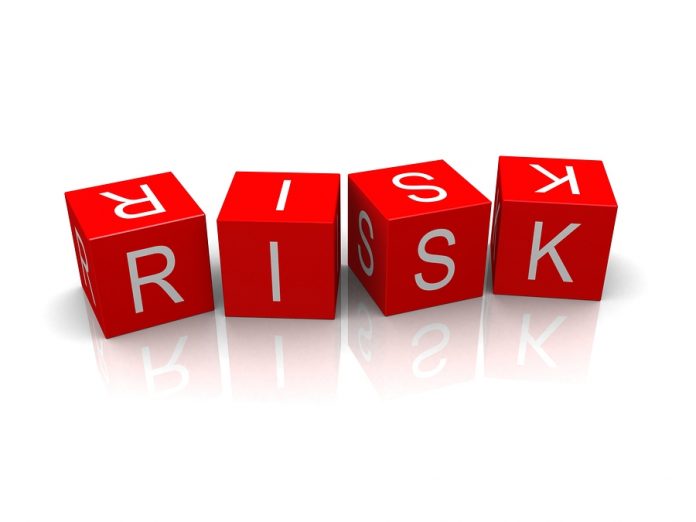Starting a business and taking it to climax won’t come easy. Whether a small business or a large multinational enterprise, a business will always have different risks. No matter how well your business is doing on various fronts, it would be best to keep a constant eye on different risks. These risks will always stop you from achieving your long-term objective and corporate goals. We have gathered a list of business risks that every enterprise should watch out for. Keep reading to know more!
6 Types of Business Risks to Watch Out for:
Various kinds of risks can adversely affect business at different levels. Without having a proper plan and strategy for these risks, they can hit you hard. The dynamic business era has made these risks more prominent, and companies should watch out for them. Following is a list of these business risks companies should watch out for.
1. Compliance risk:
Businesses need to comply with their activities and transactions with different standards. Various regulating bodies will check your status and performance according to the rules. One best techniques to stay compliant with standards like accounting and tax laws is to hire the best accounting firms in Dubai. You may face serious consequences when found non-compliant with different standards.
Non-compliance may bring about critical fines and punishments. It would be best to stay compliant and vigilant by regularly checking government policies and regulating authorities. You may also ask for the help of industry specialists who spend much of their time in the compliance section.
2. Economic risk:
Economic effects on your business are always significant, and you should not overlook this aspect. A booming economy means more purchasing power and more business transactions. Your sales graph would go downward had there been a recession in the economy. The economy is continually changing as the business sectors vary. Some changes are useful for the economy, which leads to enhanced purchasing conditions, while adverse occasions can decrease sales.
Watch changes and patterns to recognize and anticipate a financial slump conceivably. To balance economic risk, set aside however much cash as could reasonably be expected to keep a consistent income. Additionally, work with a lean financial plan with low overhead through all financial cycles to feature your strategy.
3. Financial risk:
One of the biggest, most frequent, and most significant risks on the list is financial risk. It happens when you run short on funds and capital. Your company’s debt load may cross the line, and you would not find a healthy source to borrow from. Moreover, customers or other businesses not paying your accounts receivable is also a financial risk for you. What would you do in such times of hardship?
Try not to borrow too much and pay your payables on time. On the off chance that you depend on the entirety of your pay from a couple of customers, your financial risk could be huge if one or both at this point don’t utilize your services. Watch out for that! Making acclimations to your business strategy will assist you with keeping the financial risk away.
4. Security/fraud risk:
Security threats or fraud risks are increasing with technology integrations in businesses. As customers are using online channels for purchasing or payment, the security threat is higher these days. Identity theft, data breaches, and payment fraud are not new to hear in the current era.
In addition to the fact that these risks impact trust and notoriety, an organization is also monetarily responsible for any data breaches or extortion. To accomplish powerful risk management strategies, center around security arrangements, educate customers about these potential frauds and take detection measures.
5. Reputation risk:
You would never risk your brand name and reputation by providing poor services. One unhappy customer or product failure can put your brand name on the denylist, which can shoo away most of your customers. Moreover, social media amplifies such matters, and your brand name will fall in minutes.
The best way to tackle such situations is to prepare reputation management strategies. Hire professionals to watch out for business activities and offerings strictly. Moreover, keep an open eye on customer experience and ensure they receive what they want on time.
6. Operational risk:
Various catalysts can catalyze operational risk. These factors could either be internal or external. In most cases, these factors are internal, causing a business to go down. What if your accounting team makes frequent mistakes, causing your business a consistent loss? You may better call it an operational risk.
The best way to tackle such business risk is to hire professionals. You wouldn’t find a suitable accounting firm but the best accounting firms. Consider hiring them to throw such risks out of the window.
Seek help from experts for your business!
Accounting operations can take a business to new heights. Join hands with professional accounting firms to enhance your business operations and strategies. The strategies they design will streamline business activities, setting everything on track.
Learn More:
Primary Steps of Accounting Cycle Essential for Every Business
Audit of Non-Profit Organisation: A Checklist To Follow
Best Small Business Color Laser Printer All in One


